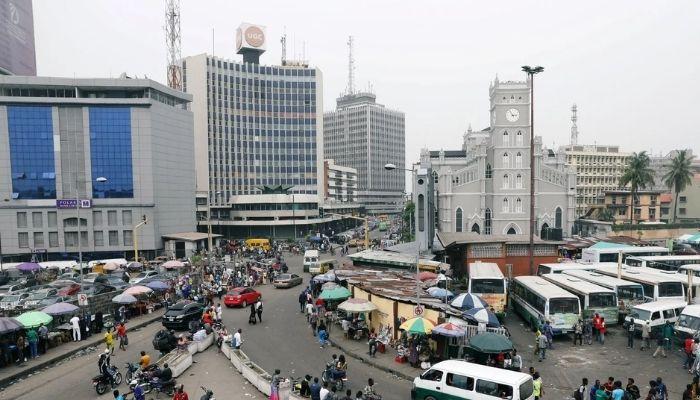
In a significant development reflecting the shifting economic landscape of Africa, Nigeria, once hailed as the continent’s economic powerhouse, has slipped to fourth place in terms of GDP size. This development underscores a broader trend reshaping the economic dynamics of the region.
JOIN US FOR MORE ON:
or
or Follow us on WhatsApp Channel
Recent data released by the International Monetary Fund (IMF) reveals that Nigeria’s GDP has fallen behind those of Egypt, South Africa, and Algeria, marking a notable decline from its previous position as Africa’s largest economy. While Nigeria had held the top spot since 2014, this latest shift highlights the challenges facing the country’s economic growth trajectory.
The IMF’s World Economic Outlook estimates Nigeria’s gross domestic product at $253 billion based on current prices this year, lagging energy-rich Algeria at $267 billion, Egypt at $348 billion and South Africa at $373 billion.
Due to severe inflation and a decline in their respective currencies, Nigeria and Egypt’s circumstances have gotten worse.
Since entering office as president of Nigeria at the end of May 2023, Bola Tinubu has made a number of major policy announcements, such as enhancing currency float, eliminating expensive energy and fuel subsidies, and addressing dollar shortages. Even with a recent uptick, the naira still has two currency devaluations and is 50% less value than it was when he took office.
Despite these challenges, analysts point to potential opportunities for Nigeria to regain its economic momentum. Efforts to diversify the economy away from oil dependence, such as investing in agriculture, manufacturing, and technology sectors, could bolster long-term growth prospects. Additionally, initiatives aimed at improving governance, addressing corruption, and enhancing infrastructure could help stimulate investment and foster economic resilience.
